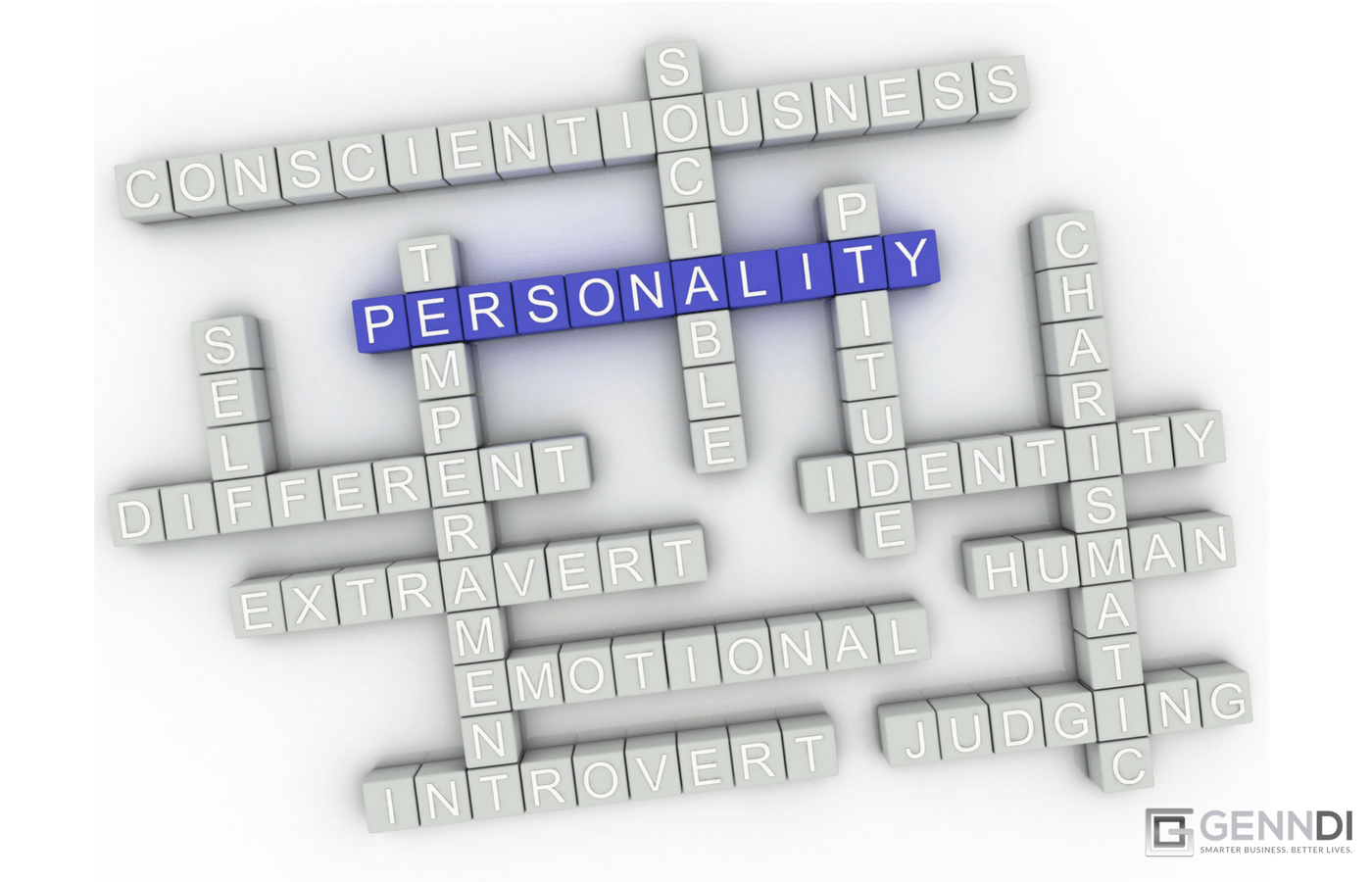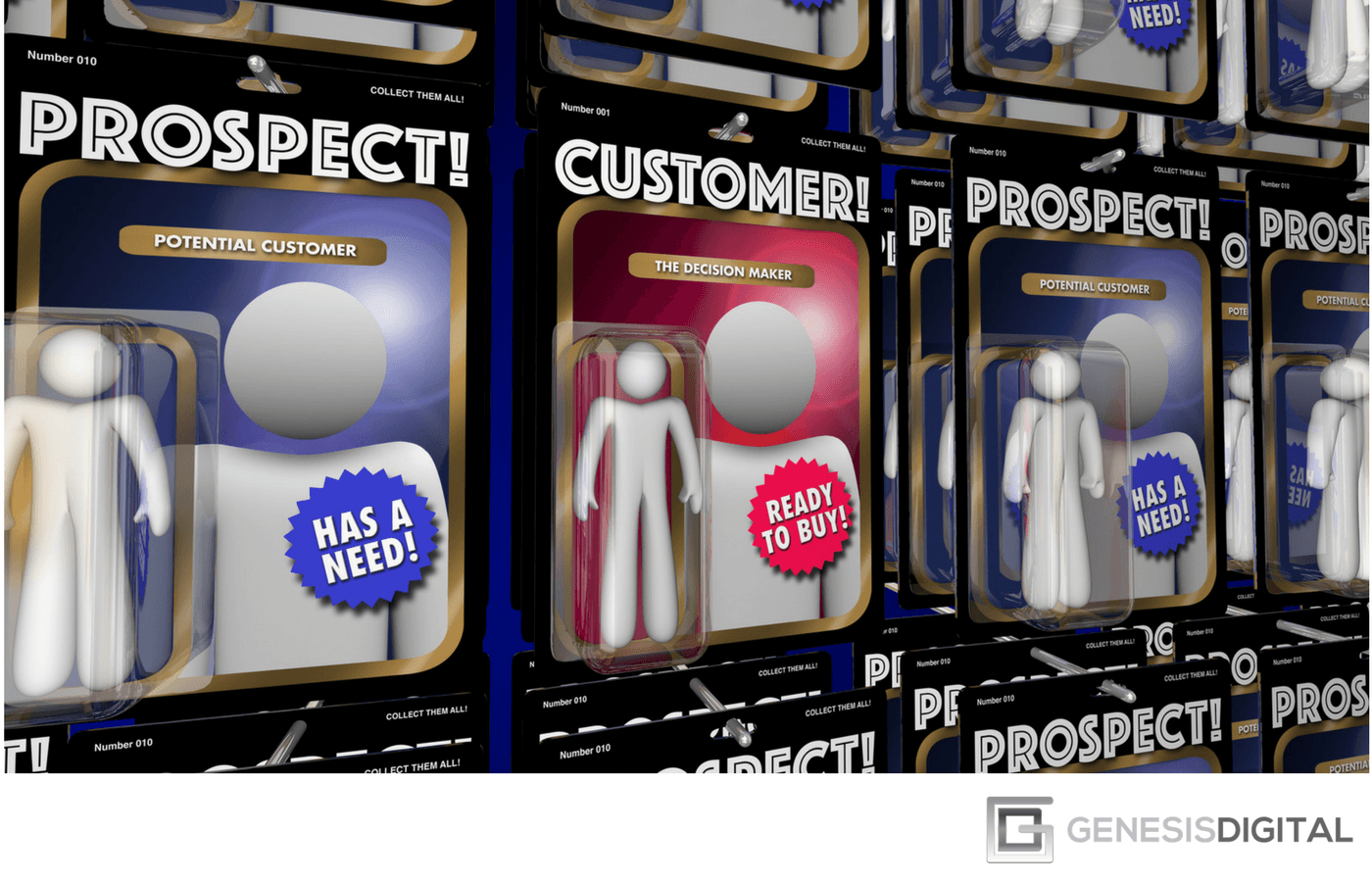Improving conversion rates is the precious diamond of marketing that feels more like a pebble in your shoe.
Sometimes I fantasize what it would be like to work for an agency, creating obscure product ads that possess quirky, fun, mostly inappropriate jokes that send sales into a tizzy (See my most favorite ad in all the land here and enjoy the Unicorn poop as it was meant to be).
Even though I’ve just managed to sneak a Unicorn poop ad into my work, I have a real marketing job where the success of our company is measured in sales.
And it always, always comes down to Conversions.
How polished your video or clever your email writing is aside, your business lives and dies by the number of links clicked, the number of videos and webinars watched, and the number of “Add to Cart” buttons pushed.
So, let’s discuss.
Let’s dish about how to take your conversions from down there (points to the ground), to somewhere up here (points to the sky). Let’s talk about CRUSHING your conversion rates.
As useful as it might be to learn how to take your conversions from 2% to 2.5%, you’re actually better off with a complete do-over that starts out immediately with a 10% conversion.
So, while we don’t have to destroy your existing conversion manual, lets pull out a few chapters and add some appendices instead.
In this new, four-part series, I’m going to share four conversion-crushing secrets that Genesis Digital has been making über effective use of for, well, almost ever (Yes, I know… as soon as I click “Publish” these articles are no longer “secrets,” but it sounds better as a headline).
And while they’re founded on marketing principles you most likely have some familiarity with, they add important details that will help you better apply them and understand why they’re not currently working as well as they should.
Or at least not as well as they used to.
Let’s start with the importance of your business having a front person who represents your firm with their winning personality.

How would you define a “winning” personality?
Friendly? Outgoing? Genuine? Authentic?
They’re all pretty good definitions of “winning”…
If it was the 1960s.
In the 21st century, the type of personality that is synonymous with successful seems to lack fixed or obvious qualities. Take a look here:
| Name | Personality | Success |
| John Oliver | Quirky and self-deprecating. | Multi-Emmy Award Winner.(1)https://en.wikipedia.org/wiki/John_Oliver#Awards_and_nominations |
| Steve Jobs | Inscrutable and, by some accounts, a bit of a bar steward. | Global technology domination. |
| Lady Gaga | Bat-poop crazy. | Grossed over $300 million during her first three concert tours.(2)https://en.wikipedia.org/wiki/Lady_Gaga#Achievements |
| Mark Zuckerberg | Not sure he has one. | Created Facebook. Net worth in excess of $50 billion.(3)https://en.wikipedia.org/wiki/Mark_Zuckerberg |
| Donald Trump | Erm… I… can’t even… I don’t think the right words to describe him have been invented yet. | Won the presidential election in 2016 (and, depending when you read this, was the instigator of World War 3). |
This list could go on forever, but I chose these people because they’re all examples of drastically different personality types that have been fundamental to their success. And yet are not necessarily appealing, depending on what demographical sphere you identify.
*Except maybe Mark Zuckerberg. It should be noted that not having a personality IS, in itself, a personality type. And keeping his public profile fairly bland may be a conscious choice, rather than a lack of charisma. Maybe.*
My point is that personality can not only cover a multitude of sins, it also breeds success. You may THINK that having an unappealing personality is a barrier to accomplishment, but only because you haven’t figured out that what’s unappealing to some is hot damn attractive to others.
One girl’s “gorge” new boyfriend, it creeptastic to another.
Does that mean you should go out to the market and be a complete douche?
No.
Well… maybe. That’s a tricky one…
If it’s your natural persona, you might be able to get away it. That said, I’m NOT saying you should NOT TRY to tone down your excesses. If you’re a racist, misogynist, that’s fine if you’re running for President, but not so good if you’re trying to sell cookware.
Ultimately, the key is to be AUTHENTIC.
You can’t be the face of your business and attempt to be someone or something you’re not. People will see through that immediately.
And that isn’t a tiny truth.
Business owners see the sales gurus with their enthusiastic, exuberant, salesmen personalities, and think that’s what needed to be a success. But when you try to imitate that style, and it isn’t really you, it comes across as phony.
THAT turns people off with a freezing cold, hose water in the face quickness.
If you’re naturally more reserved and studious, you might THINK this means you can’t be good at marketing and sales, but you’d be wrong. Okay, you might not be as effective as a home shopping channel presenter, but you will do better being your natural, best self, than you will trying to fake it. Plus, the “faking it” part is exhausting and not maintainable long-term. The day will come when you’re tired and show the real you, intentional or not.
Is that helpful? Does that take some of the pressure off and remove the mistaken idea that you need to shoot for something that doesn’t come naturally?
If the answer to those questions is “Yes!” you’re going to love the next part.
 Infrastructure is the minimum cost of entry.
Infrastructure is the minimum cost of entry.
Do you remember when every other Internet Marketing product was a website template, clip-art collection, blogging tool, video platform, etc.?
You really only hear about them in passing anymore.
Not because they’re not important, but because they’re taken for granted.
Making your website look slick USED to be the key to making your business stand out from the crowd. But now that this is relatively easy and inexpensive to do, it’s no longer enough to make a high impact.
Having a high-quality website, video channel, and social media hub doesn’t make you special. This online business infrastructure is the minimum cost of entry. It’s de rigueur (that’s French for “in fashion”, don’t cha know).
You need more…
You need personality.
You need AUTHENTIC personality.
So, if you’ve built a stellar online business platform and nothing’s happening, there’s a good chance it’s because your business doesn’t have personality. It doesn’t have a face that people can associate with your product, who they like, who they connect with, and who they want to buy from.
This is why webinars and video marketing are so critical. There’s no better platform for showcasing your personality, and consequently there’s no better marketing approach for CRUSHING conversions.
But maybe you already know this. Maybe you’re already ahead of the curve and you’ve been cultivating your online personality and building a personal following…
What next?
How do you channel that into more sales? How do you communicate your personality to your audience in a manner that makes a true connection?
 It’s time to create your Muse.
It’s time to create your Muse.
No, you’re not hallucinating. The title of this conversion-crushing article is, “The Muse.” I just haven’t mentioned it until now because it needed some build-up.
Now I’ve laid the groundwork and I think you’re ready to be introduced.
A “Muse” (not to be confused with the English rock band) is a mythological goddess who is said to inspire poets, writers, and scientists. Ye olde creative types would invoke these muses to help them with their work.
Not to worry! I’m not suggesting in any way you should become a polytheist or engage in any Ouija board type shenanigans. What I want is for you to create an imaginary customer in your mind and, when creating content, whether it’s emails, web copy, webinars, or videos, address your message to them as if they were a real person.
Effectively, this imaginary person is going to become your Muse. Instead of talking to an abstract group of people, situated all over the world, you’re going to focus on talking to ONE person, and one person only.
If you’re thinking you’ve heard this story before, let me stop you right there…
Because if you’ve ever followed the marketing advice to write or speak as if you’re writing or speaking to one person, you’ve almost certainly been doing it wrong. I don’t mean to be Debbie Downer. But you’re trusting me to be totally honest, so I must.
What people tend to do when performing this exercise is to imagine this one person to be the embodiment of all their customers. Like they’re some kind of weird amalgam of all demographics.
It’s a natural mistake to make because, hey, we want to reach everyone with our sales message. We want our marketing content to be as appealing to as wide an audience as possible.
But that’s not a Muse. That’s a weird, Frankenstein-y creation you’ve conjured up.
It’s a little counter-intuitive, I’ll admit. Because instinctively we imagine that if we get too focused, we’re going to exclude parts of our audience.
And you might.
But consider the alternative.
If you try to write for too broad an audience, you ultimately connect with NO ONE.
Can you see why I saved this bit until the end? We’ve learned that personality is important to our marketing. And we know that communicating that personality in an authentic fashion is also important.
But if we try to reach EVERYONE, we wind up losing EVERYONE.
Going broad with your message is not the way to go. One-to-one engagement is more powerful and the only way to make a true connection with your audience. And when you do that…
Conversions go up. Sales go up. Your self-esteem goes up.
It’s “happy days” all round.
So… back to our Muse.
Your Muse can be imaginary. Or, if it helps, steal one of your kid’s Barbie dolls and give it a name. This is a no judgement zone.
Do whatever helps you to make your Muse feel real… ish.
And then give your Muse a simple personality dominated by two traits:
- Skeptical (not cynical or hater, but someone who needs to be convinced).
- In a substantial amount of pain that only your product/service can relieve (or, on the flip-side, really eager to receive the pleasure that your product/service provides).
And that’s it.
There’s no need to over-complicate it. Your Muse really wants or needs what you’re offering and all you have to do is sell it to them.
What this exercise does is allow you to emote in a natural, ultra focused way. It frees you from trying to be an everyman, who’s all things to all people.
Just be yourself, and convince your Muse to buy.
Do it right… and your conversions will shoot up there (points to sky again).
So, your assignment today is to figure out (if you haven’t already) who is going to be the personality of your business. It might be you, or it might be someone else in your organization who you feel is better suited to the role.
Next, create your Muse, and get your marketing on.
The results could be even more spectacular than you imagine.
Coming Soon… Conversion Crushing Secret (Part Two): The Possession
Nothing converts better online than video and webinars! Check out WebinarJam and EverWebinar today.
